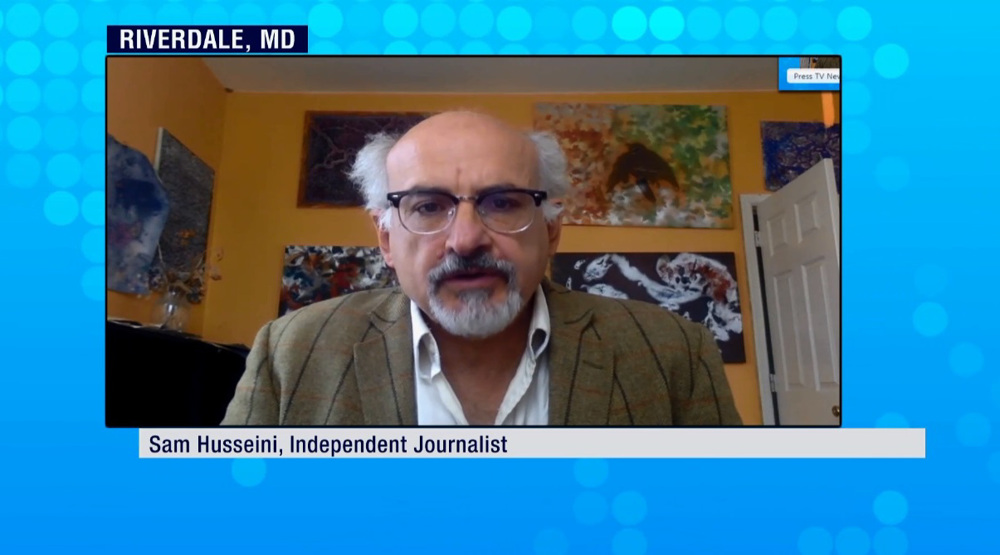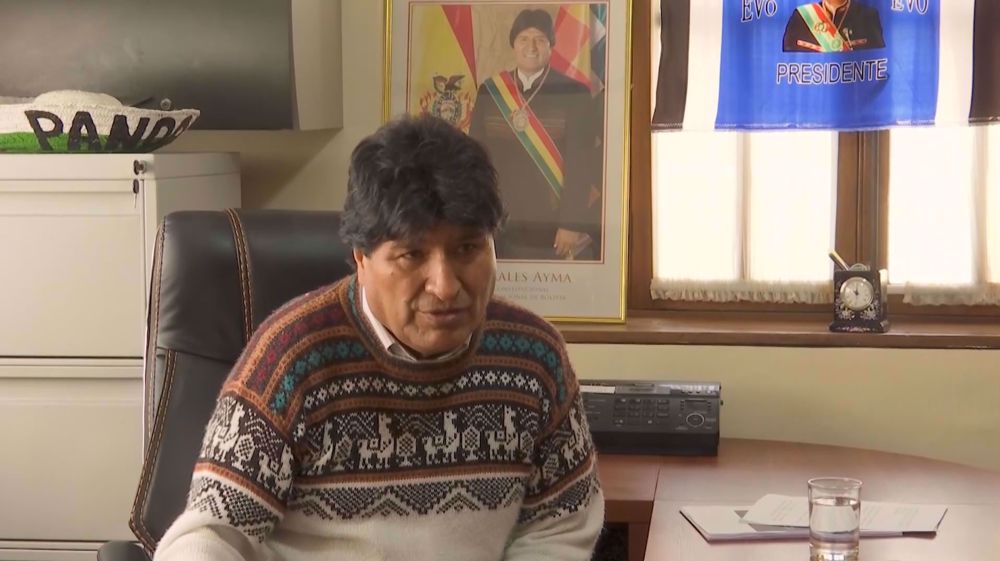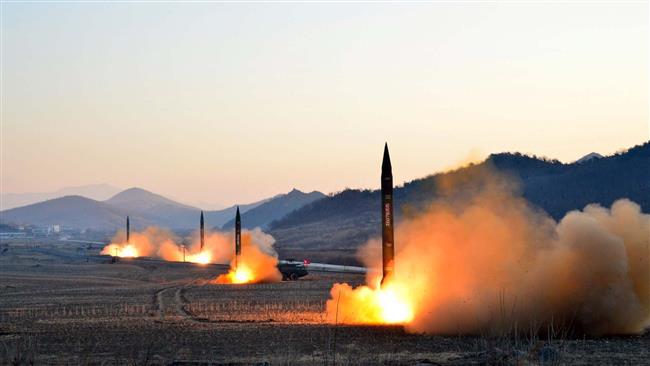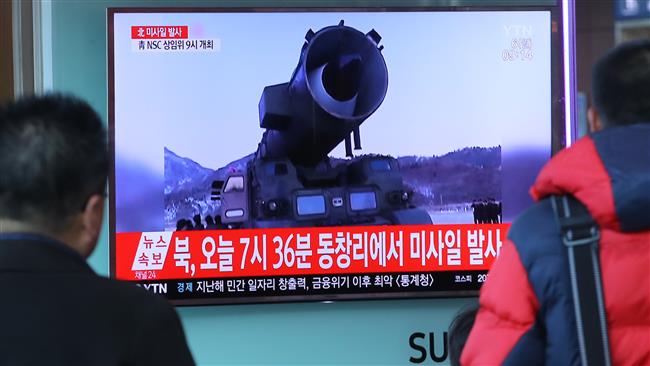US has no right to stop North Korea’s defensive measures: Analyst
North Korea’s nuclear and ballistic missile tests have drawn international condemnation and caused a lot of concern for the countries in the region. The United States has deployed its Terminal High Altitude Area Defense (THAAD) anti-missile system to South Korea in an apparent bid to deter North Korea from carrying out any more "provocative" tests. However, China has voiced concern over the controversial deployment, insisting the move will harm regional security.
Press TV has talked to Jason Unruhe, independent media personality and political commentator, as well as Lawrence J. Korb, US foreign policy and national security analyst, to discuss the rising tension on the Korean Peninsula.
Unruhe believes the condemnation of North Korea’s latest ballistic missile test is a sign of “desperation” by US foreign policy.
He also noted the Democratic People's Republic of Korea (DPRK) has a right to self-determination, adding that it has now advanced its own weapons technology to a point where if it is invaded, it could inflict a significant amount of damage.
“This is largely a huge measure of deterrent against invasion and the UN condemnation is a reaction to that. It is now too late to get nuclear weapons out of the hands of the DPRK because now they have been developed, they are there, they can be used and that complicates matters for US imperialism as it relates to trying to wield its influence over the DPRK,” he said.
The analyst further opined that China is willing to influence the DPRK into restricting a lot of its defensive measures in order to establish stability in the region.
However, he said, neither China nor the United States has any right to tell the DPRK what sort of measures it should take to defend itself from any kind of foreign aggression.
Unruhe further warned that the “increasing militarization” does pose a threat to the region, arguing that the “battle” is over taking control of the resources.
He also stated it is in the interest of all parties to come to a mutual agreement over how to control the resources “for the sheer desire to not have some kind of escalating conflict which causes untold damage that would not be beneficial for anyone”.
Elsewhere in his remarks, the analyst highlighted the fact that US Navy patrols in the South China Sea are “a good deal of saber-rattling”, asserting that Washington wants to be there in order to “combat Chinese influence”.
According to the analyst, there has always been a divide between China and the DPRK because Beijing is more interested in the stability in the region in order to do business whereas DPRK wants to resist becoming anybody’s client state and defend its own independence.
Meanwhile, Lawrence J. Korb, the other panelist on the program said North Korea has violated any agreements it has signed so far, arguing that it is not just the United States that is condemning Pyongyang’s missile programs but China is not happy with them as well.
He also noted the United States is trying to send a signal to North Korea that if it were to use a nuclear weapon against Washington or any of its allies in the region, then it had to be prepared for any kind of response.
The analyst also rejected the fact that US Navy's patrols in the South China Sea are “provocative”, explaining that Washington has been conducting naval and air operations in this region for years but has never violated Chinese airspace.
He also stressed that the US allies in the South China Sea region are the ones who have asked Washington to get more involved in order to prevent China from becoming an “expansionist power”.
Korb concluded by saying that both the United States and China agree that North Korea should not have nuclear weapons but they have to work this problem out “diplomatically” rather than militarily.
UK's Rwanda deportation plan morally disgraceful
VIDEO | Raeisi inaugurates Iranian-built mega multipurpose project in Sri Lanka
VIDEO | Italian parliament hosts book launch on Palestine's untamed resistance
Leader: Iran’s arms sector example of turning sanctions, hostilities into opportunity
April 23: ‘Axis of Resistance’ operations against Israeli occupation
Pro-Gaza protesters in NY's Columbia University stay put despite intimidation, crackdown
European Parliament members criticize EU as 'accomplice’ in Israeli war on Gaza
VIDEO | Modi's anti-Muslim hate speech sparks outrage in India amid elections














 This makes it easy to access the Press TV website
This makes it easy to access the Press TV website